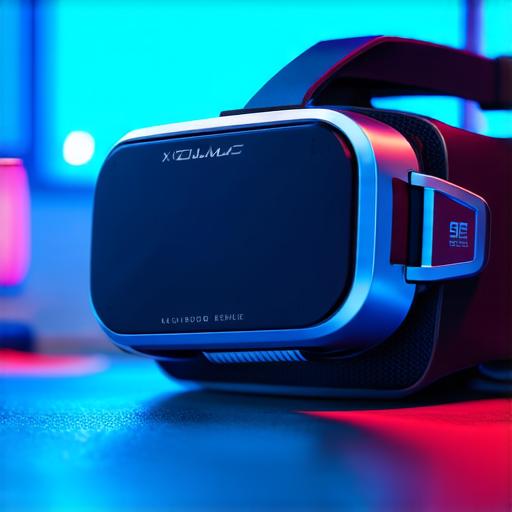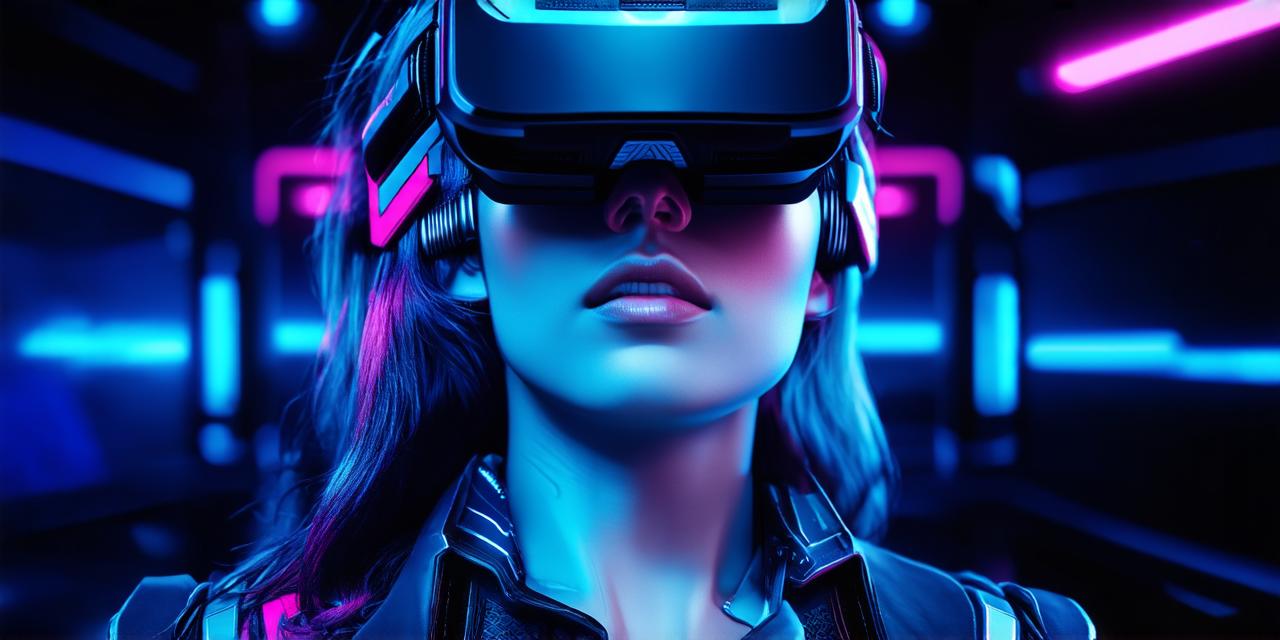Virtual reality technology has been around for decades, but recent advancements have made it more accessible and affordable, leading to widespread adoption across various industries.
In this article, we will explore the purpose of virtual reality technology, its benefits, and applications. VR technology enables users to experience a simulated environment in a real-time manner. The immersive nature of VR creates a sense of presence that makes it possible to interact with digital content as if it were real.
One of the primary benefits of VR technology is its ability to enhance user experience. It enables users to immerse themselves in a virtual environment, providing a level of engagement that traditional media cannot match.
The following are some of the key benefits of VR technology:

- Improved Learning and Training
- Enhanced Collaboration and Communication
- Improved Mental Health and Well-being
Virtual reality technology has numerous applications across various industries.
Gaming and Entertainment
Gaming is one of the most well-known applications of virtual reality technology. With VR, users can experience immersive gaming environments that simulate real-world scenarios. This provides a level of engagement that traditional gaming cannot match.
Education and Training
Virtual reality technology has the potential to revolutionize education and training. By simulating real-world scenarios, users can gain hands-on experience without the risk of injury or damage. This makes it possible for individuals to learn new skills in a safe and controlled environment.
Healthcare and Medical Research
Virtual reality technology has numerous applications in healthcare and medical research. By simulating real-world scenarios, users can gain hands-on experience without the risk of injury or damage. This makes it possible for individuals to learn new skills in a safe and controlled environment.
Tourism and Hospitality
Virtual reality technology has the potential to revolutionize the tourism and hospitality industry. By providing immersive experiences, users can explore virtual representations of real-world destinations without leaving their homes. This makes it possible for individuals to experience new cultures and landmarks in a more engaging way.
Marketing and Advertising
Virtual reality technology also has applications in marketing and advertising. By using virtual environments, businesses can showcase their products and services in a more immersive way, leading to increased brand awareness and sales.
For example, car manufacturers can use VR simulations to showcase their products in virtual showrooms. Similarly, fashion designers can use VR technology to showcase their collections in virtual fashion shows. This enables consumers to experience the products in a more engaging and interactive way, leading to increased brand loyalty and sales.
In conclusion, virtual reality technology has numerous benefits and applications across various industries. It enables users to experience a simulated environment in a real-time manner, providing a level of engagement that traditional media cannot match. Virtual reality technology has the potential to revolutionize education and training, healthcare and medical research, tourism and hospitality, marketing and advertising, and many other fields. As virtual reality technology continues to evolve, it will no doubt become an integral part of our daily lives.
